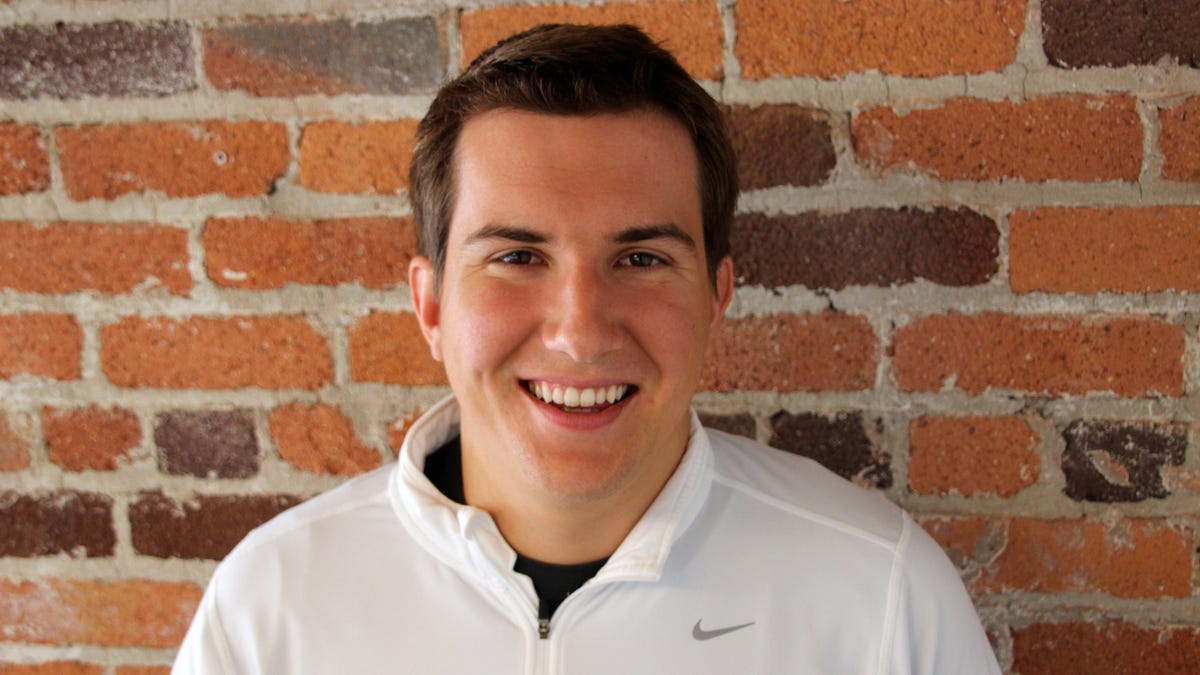Mobile payments startup Clinkle nabs $25M in early investments
The two-year-old company says it's created a shopping experience that won't include cash or credit cards. It won't say how it does it, yet, but Silicon Valley's top investors believe it.

Young entrepreneur Lucas Duplan said his startup, Clinkle, has figured out a way for people to pay for things in a physical store without using cash or credit card. And, it doesn't require a mobile card reader, the hardware popularized by payments company Square.
"No one has really cracked the nut," Duplan said, adding that none of the apps currently available can really help people leave their physical wallets behind. He leaves the door open for other benefits, like how to use consumer's shopping habit data to create other features.
"Our product is fundamentally a wallet that is on your phone," he said. "Not only is it more convenient, digitally, there's so many more things that you can do in terms of paper and plastic."
The heavy hitters of Silicon Valley's world of investment have backed it with $25 million in seed funding. This early investment -- from top venture capital firms like Andreessen Horowitz and Accel Partners, and individuals like PayPal co-founder Peter Thiel, Accel Partners partner Jim Breyer, VMWare co-founderDiane Greene, Salesforce founder Marc Benioff, and former Facebook COO Owen Van Natta -- shows a great confidence in Duplan and his technology. Clinkle even names payment company Intuit as an investor.
"If you think Clinkle's mission is inspiring, wait until you see the technology behind it," Brad Smith, CEO of Intuit, said in a press release. "It's clear to us that Lucas and his team have achieved impressive technological breakthroughs. Financial transactions are ripe for disruption and we're excited about Clinkle's potential."
The difference between Clinkle and companies like Square, PayPal or Intuit, is the lack of hardware, Duplan said. Having to install or use new hardware is what stops merchants from switching to a new way to take payments and then consumers don't want to adopt this tech because it's not ubiquitous.
"As a consumer, in order to have mobile payments have real utility for me, I need it to work at every store I go," Duplan said.
Clinkle has already done a pilot program at Stanford, Duplan's alma mater, and it plans to expand to other campuses within the next year. The company has grown from about a dozen two years ago to 30 earlier this year and 50 currently. The $25 million will go toward hiring more people who will not only help Clinkle build out the technology, but will the company navigate the complex waters of payments, which includes looking out for fraud and following regulations.
"We take what we do very seriously and we're going to be trusted to handle people's money, so the margin for error is zero," Duplan said.

